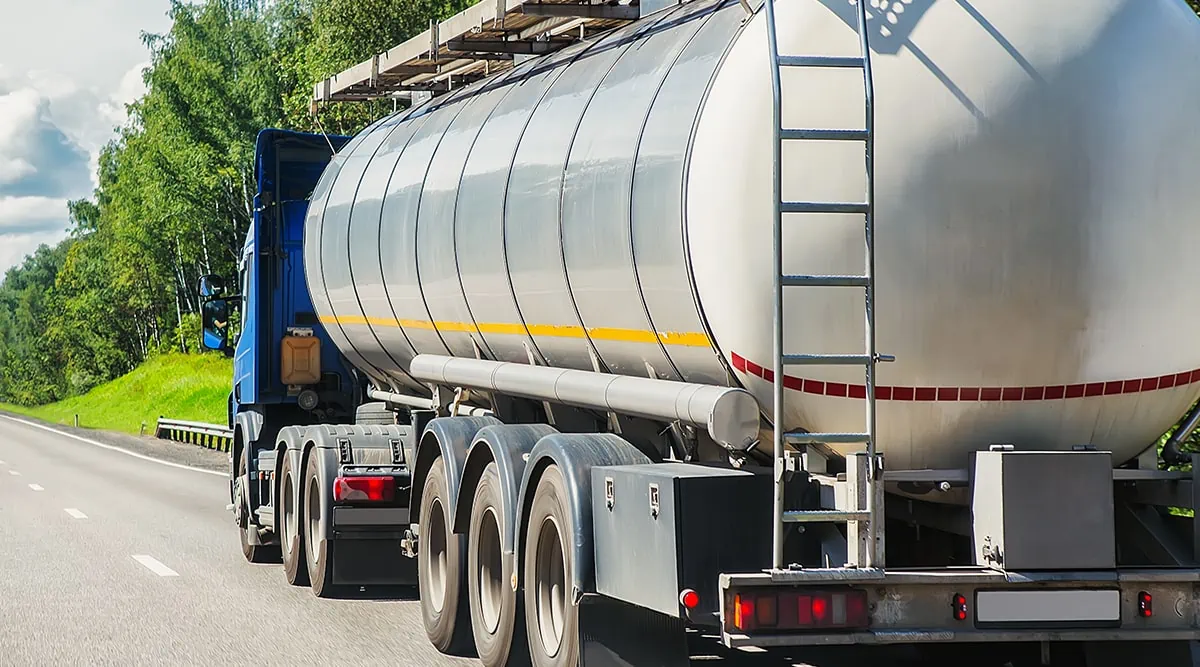What Does Reclaim Waste Mean?
What Does Reclaim Waste Mean?
Blog Article
8 Simple Techniques For Reclaim Waste
Table of ContentsSome Of Reclaim WasteMore About Reclaim WasteReclaim Waste Things To Know Before You BuyThe Ultimate Guide To Reclaim WasteLittle Known Facts About Reclaim Waste.
Residential sewage waste refers to the waste and items from a residential septic tank. The appropriate administration and disposal of domestic sewage waste call for fluid waste to be transferred to a sewage therapy plant where the proper techniques and equipment are applied to detoxify and dispose of waste.
Business waste commonly consists of potential dangers, such as combustible materials or a mixture of fluid and strong waste items, and needs an advanced and in-depth disposal process. The disposal of business waste typically includes the filtering of waste before transportation to ensure risk-free and appropriate disposal. Hazardous waste is developed from byproducts and overflow of commercial procedures and production.
This type of waste can not make use of the same sewage management transport or procedures as septic or business liquids. The industrial waste administration procedure requires the assessment and screening of fluid waste prior to it undergoes the disposal process (liquid waste disposal melbourne). Runoff waste is the liquid waste that comes from overflow and excess stormwater in highly populated areas or cities
Overflow waste can trigger contamination and flooding if not taken care of effectively. Discover more concerning sewage system cleansing and waste monitoring. Ensuring correct waste monitoring can protect against calamities and minimize ecological damage. Both individuals in residential setups and experts in business or manufacturing markets can take advantage of comprehending the processes and regulations of fluid waste monitoring.
The 10-Minute Rule for Reclaim Waste
Get in touch with PROS Services today to learn more about our waste management and disposal services and the proper ways to care for the fluid waste you produce.
(https://profile.hatena.ne.jp/reclaimwaste1/)Do you know what takes place to your water when you end, flush the commode or drain pipes the cleaning maker? No? Well, it deserves understanding. This supposed 'wastewater' is not just a vital resource yet, after therapy, will certainly be launched to our land, waterways or the ocean. Used water from toilets, showers, bathrooms, kitchen sinks, washings and industrial procedures is referred to as wastewater.

water utilized to cool down machinery or clean plant and equipment). Stormwater, a type of wastewater, is overflow that moves from farming and urban areas such as roofs, parks, yards, roadways, paths and gutters right into stormwater drains, after rainfall. Stormwater streams unattended straight to regional creeks or rivers, eventually reaching the ocean.
The Single Strategy To Use For Reclaim Waste
In Queensland, the majority of wastewater is treated at sewage treatment plants. Wastewater is transported from residential or industrial sites via a system of sewers and pump stations, referred to as sewage reticulation, to a sewer therapy plant. City governments build, maintain and run most sewer treatment plants. Operators are accredited my website under the Environmental Management Act 1994 to discharge treated wastewater at an acceptable ecological requirement right into rivers.
The Division of Natural Resources recommends local governments concerning handling, operating and preserving sewage systems and treatment plants. In unsewered locations, neighborhood federal governments might need householders to install individual or house sewer treatment systems to treat domestic wastewater from commodes, cooking areas, washrooms and washings. The Division of Natural Resources authorizes making use of household systems when they are proven to be reliable.
In some new communities, treatment of some stormwater to remove trash, sand and crushed rock has started using gross contaminant traps. Wastewater therapy takes place in 4 phases: Eliminates strong matter.
Wastewater after that flows right into huge storage tanks where solids settle and are eliminated as sludge. Grease and scum are skimmed from the surface. Makes use of tiny living microorganisms called micro-organisms to break down and remove continuing to be dissolved wastes and fine fragments. Micro-organisms and wastes are integrated in the sludge. Gets rid of nitrogen and phosphorus nutrients that can cause algal blossoms in our waterways and endanger water life.
Not known Details About Reclaim Waste
Nutrient elimination is not readily available at all sewer treatment plants since it needs expensive specialised equipment. Clear fluid effluent generated after therapy may still consist of disease-causing micro-organisms - industrial wastewater treatment.

Many wastewater moves right into the sewerage system. Under the Act, local federal governments administer authorizations and permits for ecologically pertinent tasks (ERAs) including wastewater launches that could have a regional influence.
Indicators on Reclaim Waste You Need To Know
Or else, samples are taken for lab evaluation. Usually lots of examinations are needed to establish the degrees of each of the different contaminants such as oils, hefty steels and chemicals in water. Surveillance supplies factual details concerning water quality and can confirm that licence conditions are being satisfied. The info gotten through monitoring offers the basis for making water high quality decisions.
Report this page